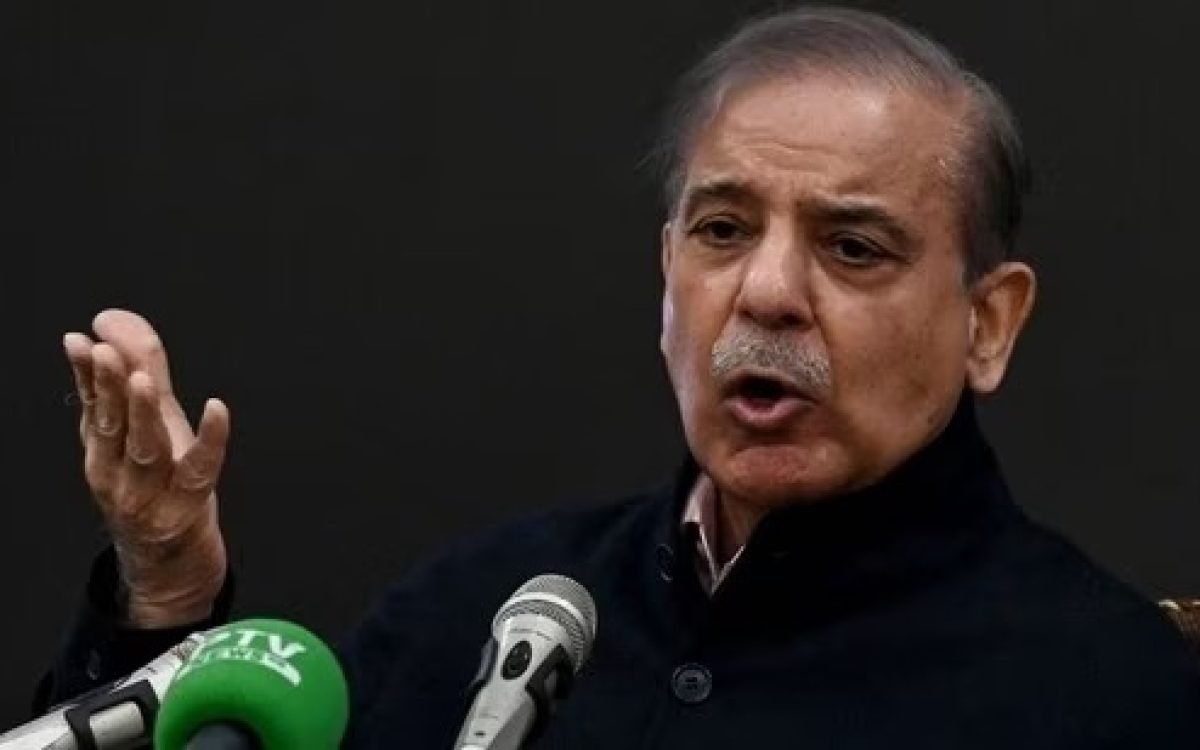Shehbaz Sharif’s swearing-in as Pakistan’s 24th Prime Minister marks a pivotal moment in the nation’s political landscape, as he assumes leadership amidst daunting economic and security challenges. Taking over the reins of a cash-strapped country for the second time since 2022, Shehbaz faces the formidable task of steering Pakistan towards stability and prosperity.
The oath-taking ceremony, a culmination of the power-sharing agreement between the Pakistan Muslim League-Nawaz (PML-N) and the Pakistan Peoples Party (PPP), underscores the importance of coalition politics in Pakistan’s evolving democratic landscape. Shehbaz’s return to the premiership follows his previous tenure from April 2022 to August 2023, highlighting his experience in governance and coalition dynamics.
Attended by key political figures including former Prime Minister Nawaz Sharif, Punjab Chief Minister Maryam Nawaz, and PPP leader Murad Ali Shah, the ceremony symbolizes a collective commitment to national unity and progress. Shehbaz’s resounding victory in the Parliament underscores the confidence placed in him by both the PML-N and the PPP, setting the stage for collaborative governance and consensus-building.
However, Shehbaz’s ascension to power comes amidst a backdrop of electoral controversy and political turmoil, with allegations of vote rigging casting a shadow over the legitimacy of the recent polls. Despite these challenges, Shehbaz’s mandate mandates him to navigate the complexities of Pakistan’s socio-political landscape with integrity and resolve.
As Pakistan grapples with economic instability and security concerns, Shehbaz’s leadership is poised to confront pressing issues head-on. The urgent need for economic reform and administrative overhaul demands decisive action and strategic policymaking. Shehbaz’s administration must prioritize fiscal discipline, investment promotion, and social welfare initiatives to address the nation’s fiscal woes and foster inclusive growth.
Furthermore, fostering regional stability and enhancing diplomatic relations will be paramount in advancing Pakistan’s global standing and security interests. Shehbaz’s leadership must prioritize dialogue, cooperation, and conflict resolution to navigate regional complexities and uphold Pakistan’s role as a responsible global actor.
In conclusion, Shehbaz Sharif’s tenure as Prime Minister heralds a new chapter in Pakistan’s democratic journey, characterized by resilience, pragmatism, and inclusive governance. As the nation embarks on a path of transformation and progress, Shehbaz’s leadership holds the promise of a brighter, more prosperous future for Pakistan and its people.









